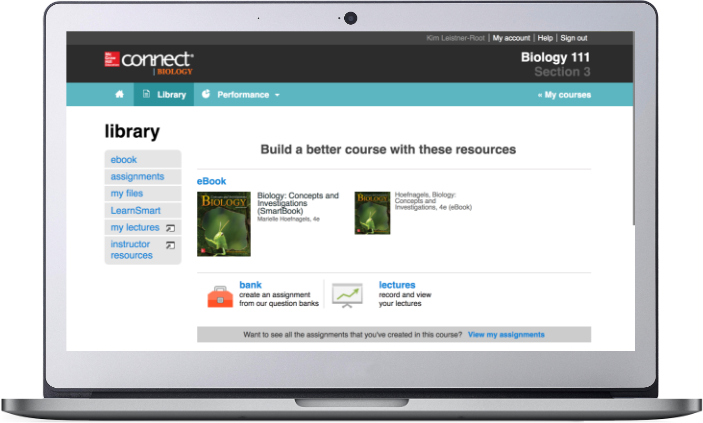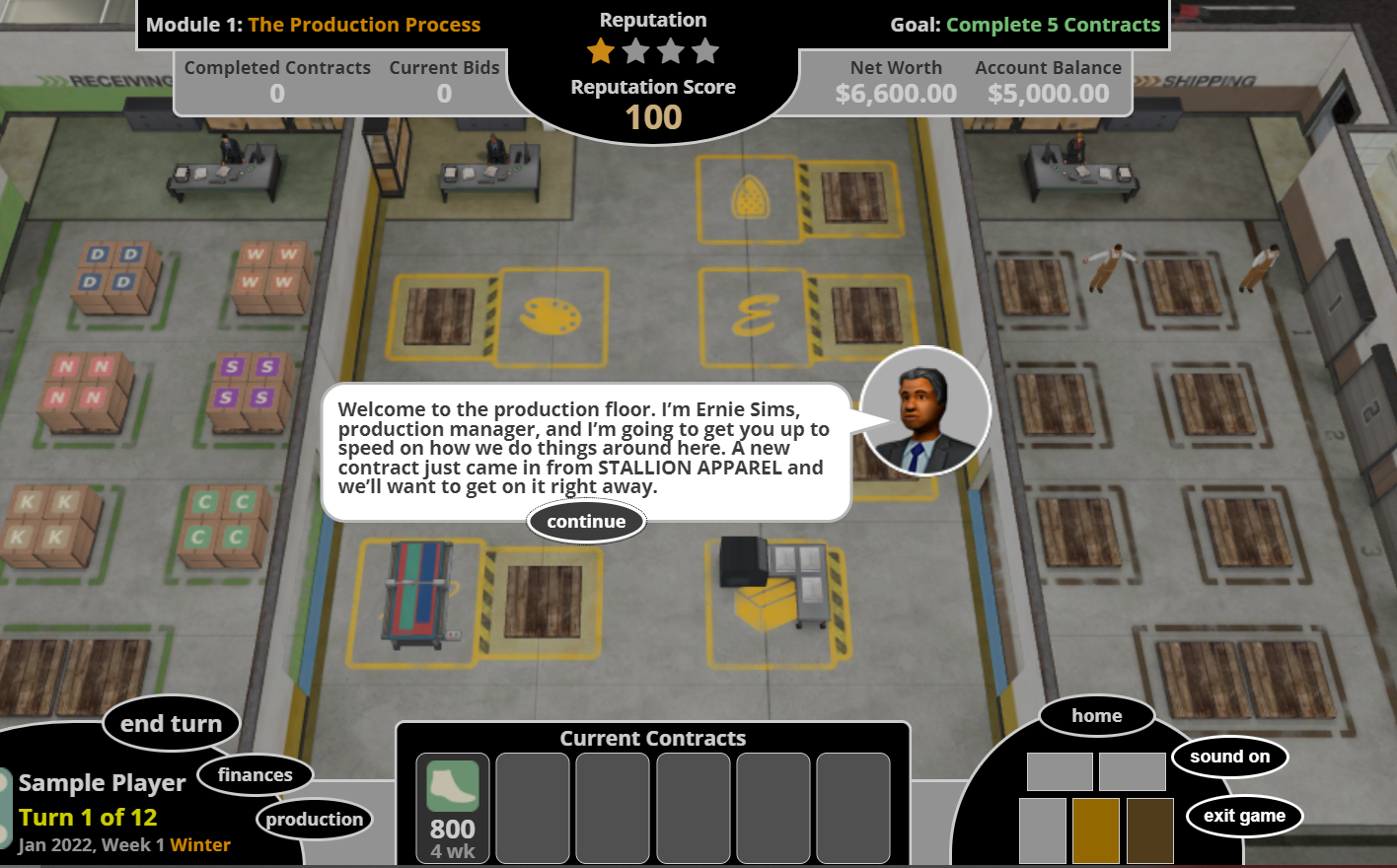Adapting to a Hybrid Teaching Environment - Marketing and Management webinar
Our webinar series continued in early December with a look at how the digital tools available in Connect have been used by instructors in the Marketing and Management disciplines to help them deliver a better remote learning experience during Covid. Bringing together John Fahy, Professor of Marketing at the University of Limerick; Ben Clegg, Head of Operations Management at Aston Business School, and Alex Janes, Senior Lecturer in Strategy at the University of Exeter, we heard from each what specifically had motivated them to adopt Connect and/or other McGraw Hill digital products, and what benefits they have seen in terms of learning and achievement.


For John Fahy and Alex Janes, it was the dawning of Covid that pushed them to explore the full capabilities of SmartBook and Connect. Faced with moving their courses fully online during periods of lockdown, both found they were looking for a resource that would provide scaffolding to students at a time when they might feel otherwise adrift, while also promoting engagement. One of the things they both appreciated most about Connect was the sheer range of quality materials available at the click of a button. “Students were receiving 2 hours of synchronous contact each week during the pandemic,” says Janes. “I needed quality materials for the asynchronous, and it would have taken me a long time to develop that content myself. With Connect I was already there.” Fahy meanwhile reflects on the variety of content available and the effect that had on engagement. “Participation actually went up,” he remarks. “Multi-faceted forms of learning are really important to undergraduate students.”
Now, as face-to-face teaching has returned (hopefully for good), Fahy remains a convert to Connect, citing the positive reaction of students. “They liked the clear presentation of work to be done each week – the readings, the videos, the podcasts – with a single login through the university’s VLE, they were able to easily access everything and do it in their own time.” He found that the structure and the continuous assessment in Connect gave students a clear sense that they were making concrete progress through the course, quoting one student as saying it made him feel actively engaged in the degree in spite of the very unusual circumstances.


Fahy is also a huge fan of the analytics available through Connect that allow him to dig down into how individuals or groups are progressing, with metrics that build a fuller picture - such as how long they are taking to complete a task, which concepts they found challenging, and even how confident students feel in their knowledge. “This ability to continuously assess enables me to catch problems much sooner than would previously have been possible with a paper-based assessment later in the term.”


Janes and Clegg were keen to talk about the success they had had with McGraw Hill’s Practice Marketing and Practice Operations multi-player strategy simulations even prior to Covid. Both of them had built these games into their courses as a core component to be completed over a whole module or term, contributing as a coursework component to their final grades. In both simulations, students work individually or in teams to complete realistic business tasks and activities, competing against one another for market dominance.
“It’s a fun way of teaching them about the nitty gritty calculations they have to make,” says Clegg. “It’s not easy, and they will make mistakes but then have a chance to learn from them, as they can play the game as many times as they want. Some of the students get addicted and play it six or seven times! I get alumni coming back to me telling me they still remember it. Indeed, I’ve seen past students actually reference it as experience on job applications.” He explains that while the score from the game forms part of the final mark, it is balanced by a reflective management style report that allows students to explain what went wrong if they struggled.
Janes has been using Practice Marketing for his Capstone courses for several years as a means to introduce students to the complexity of running a business. The simulation brings together elements of marketing, human resources, CSR and finance, as students form groups of ‘directors’ and compete with each other, as well as other teams across the world, to achieve the best theoretical return on equity and earnings per share. Like Clegg, Janes combines this with a reflective essay that allows students who don’t perform well in the game to redeem things, but it is the formative assessment that the game provides that is just as important as the summative mark it gives. “The analytics give me a chance to intervene when teams aren’t doing so well in earlier rounds and nudge them back on track. Teams get 2 hours consultancy time with me during which I can guide them, or else if I see common mistakes, it provides a foundation for discussion in class. The general feedback I get is that it’s tough, but it’s worth it.”


Drawing the session to a close, the instructors agreed that pandemic or not, we’re in a new era of Higher Education, with students as ‘consumers’ who want to see the value of their degrees in terms of employability, and who learn in different ways to previous generations. Rounding off on an aspirational note, Janes issues a call to action: “The pandemic was a huge learning curve, but now it’s time to take the good stuff and pull it through.”
If you’d like to talk to one of our Academic Consultants about McGraw Hill’s suite of digital learning tools, simply pop a few details into our short enquiry form and someone will be in touch.




